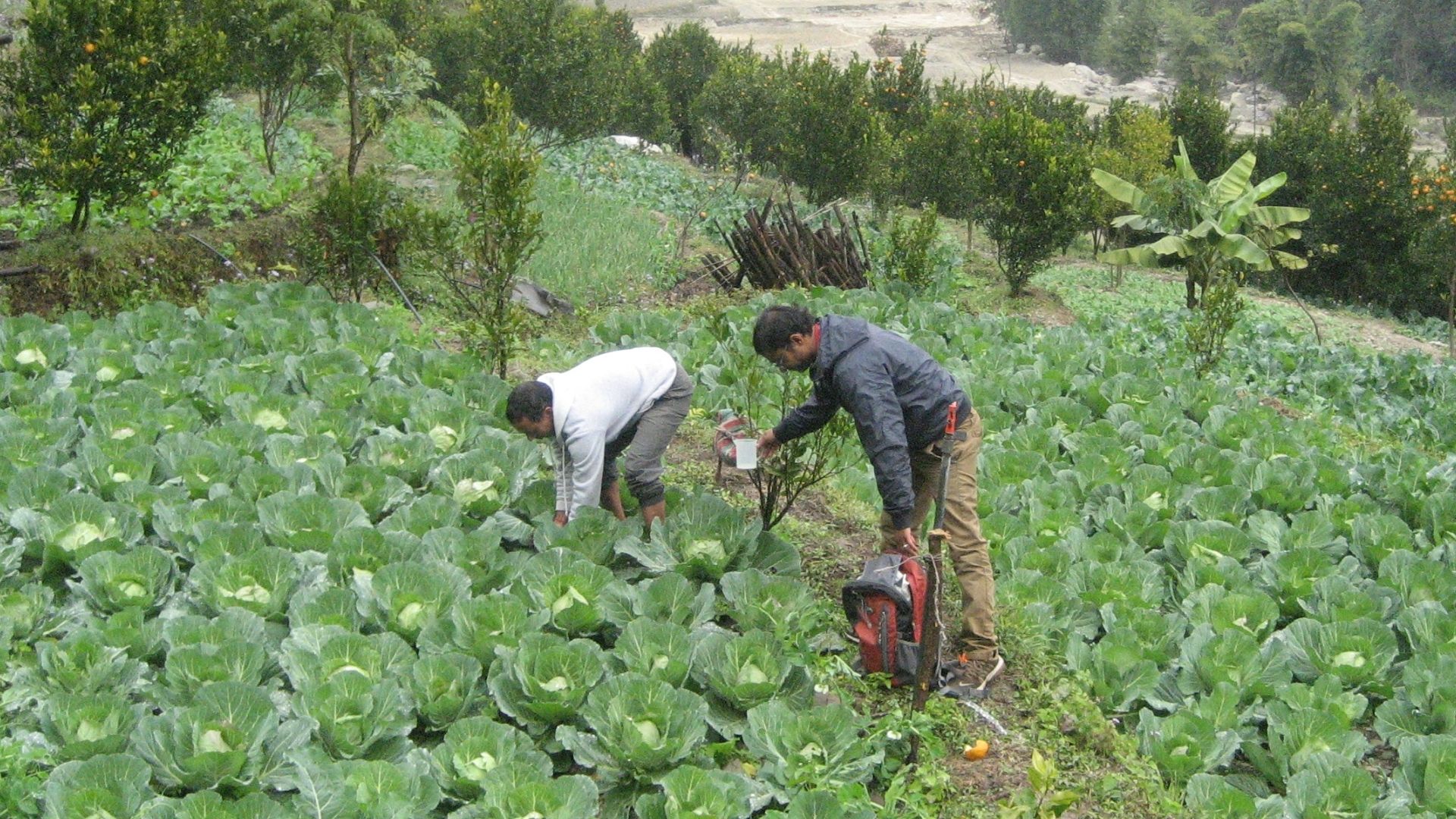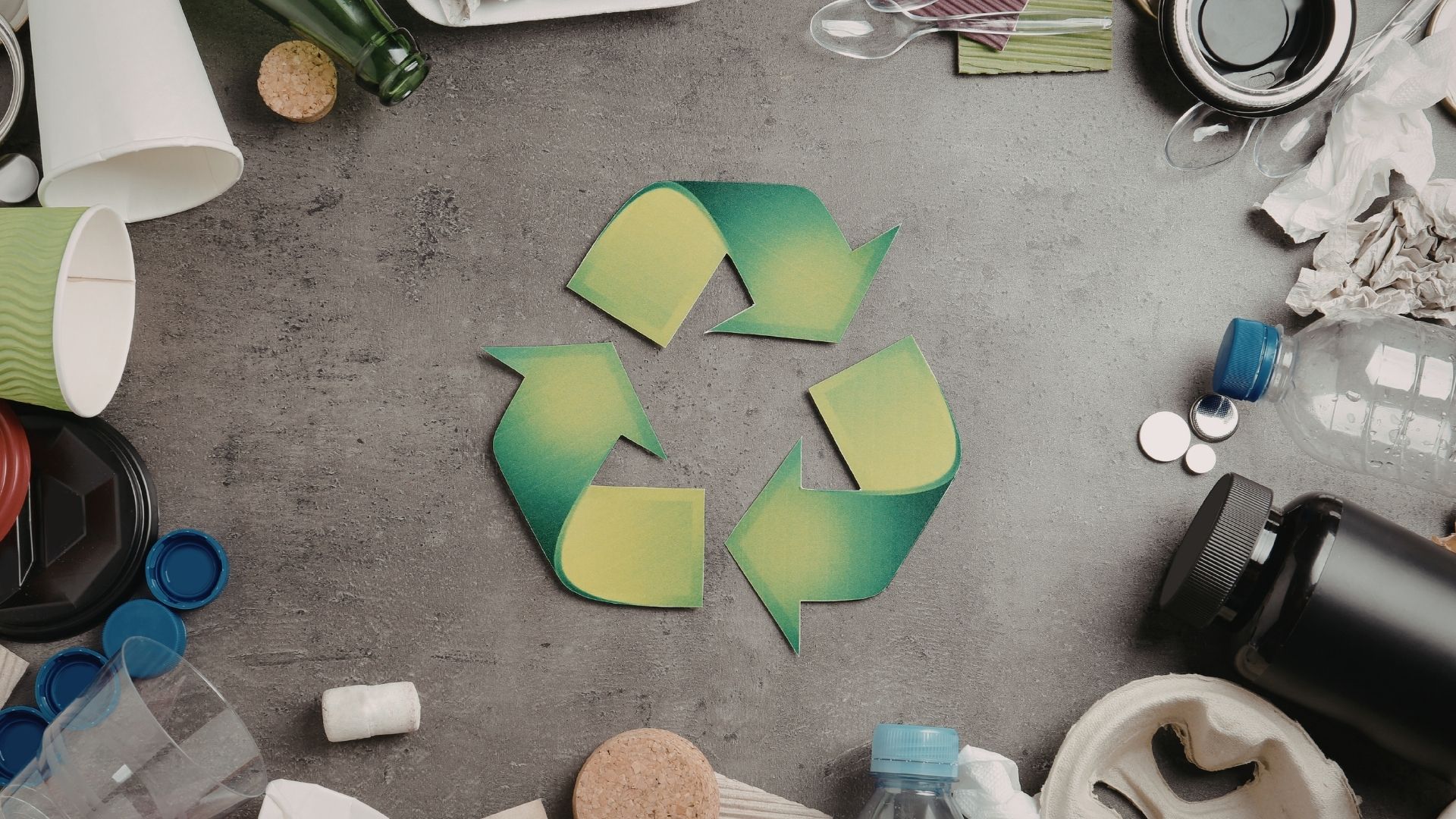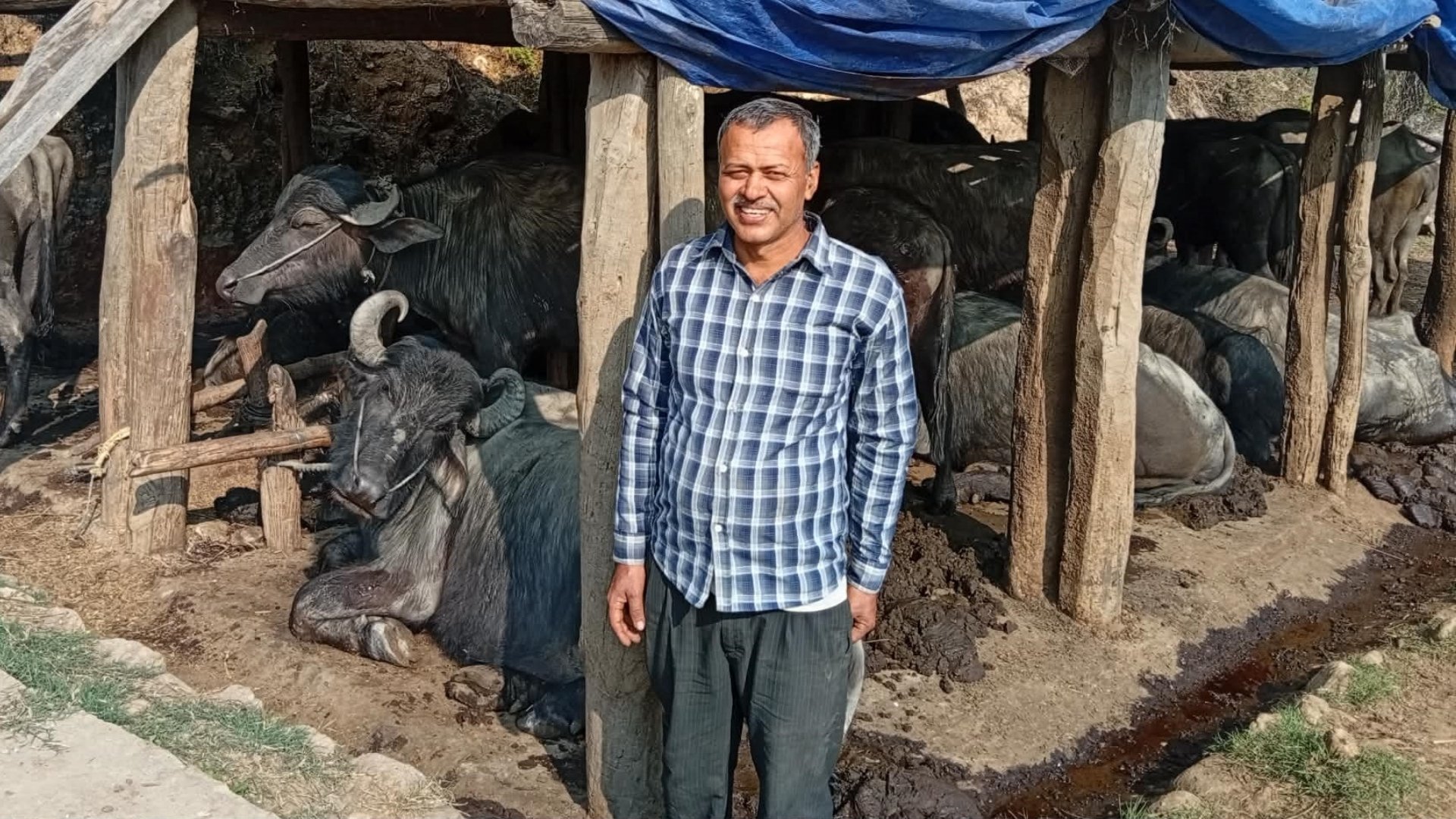As a producer, it is important you understand that you have a larger responsibility to ensure consumers aren’t cheated with your product — as they have right to access quality goods and services. The Consumer Protection Act ensures this right.
The act focuses on consumer rights, product quality, and liability of parties involved in the marketing of goods and services. It also establishes regulations for the supply, price, quality, measurement, labeling, and advertisement of goods and services to ensure consumer rights are upheld.
As a producer/seller of goods or services, what are your responsibilities:
- provide quality goods and services;
- avoid producing defective products;
- compensate consumers for any harm or injury caused by their products; and
- labels your goods, with information about the producer, ingredients, quantity, usage instructions, retail price, and other relevant details.
You better know the rights of your consumers:
Every consumer has right to protect themselves from substandard goods, misleading advertising, unfair pricing, and other unethical practices. These rights include:
- Right to obtain quality goods and services;
- Right of easy access to goods or services;
- Right to choose quality goods or services at a fair competitive price;
- Right to be informed about the price, quantity, purity, and quality of the goods or services they are purchasing;
- Right to safety from any goods or services that may cause harm to their health, body, life, or property;
- Right to legal action against unfair trade practices that exploit or deceive them;
- Right to compensation for suffering any harm or injury due to the use of goods or services;
- Right to consumer education and information regarding their rights and responsibilities as consumers.
The rights could be enforced in a Consumer Court as stated under the law. Although Nepal still awaits the formation of the consumer courts.
As a business person, make sure you are doing your business right. The law prohibits to:
- Engage in bad business practices such as selling goods or providing services without fulfilling prescribed standards, measurements, or structures;
- Produce, sell, or import substandard goods knowingly
And, just in case you don’t know:
- Inspection officers have the authority to impose restrictions on producing, selling, and distributing goods or providing services if they are deemed unsafe, lack quality, or violate the law;
- If goods are found to be substandard during testing, they can be confiscated and destroyed.
What are the powers of the government?
The government, through the Ministry of Industry, Commerce and Supply, is responsible for:
- implementing policies related to quality;
- price determination;
- supply systems of goods and services;
- regulating measurement, labeling, and advertisements of goods and services to protect consumer rights; and
- prevent unfair trade activities that may adversely affect consumer rights and interests.
















